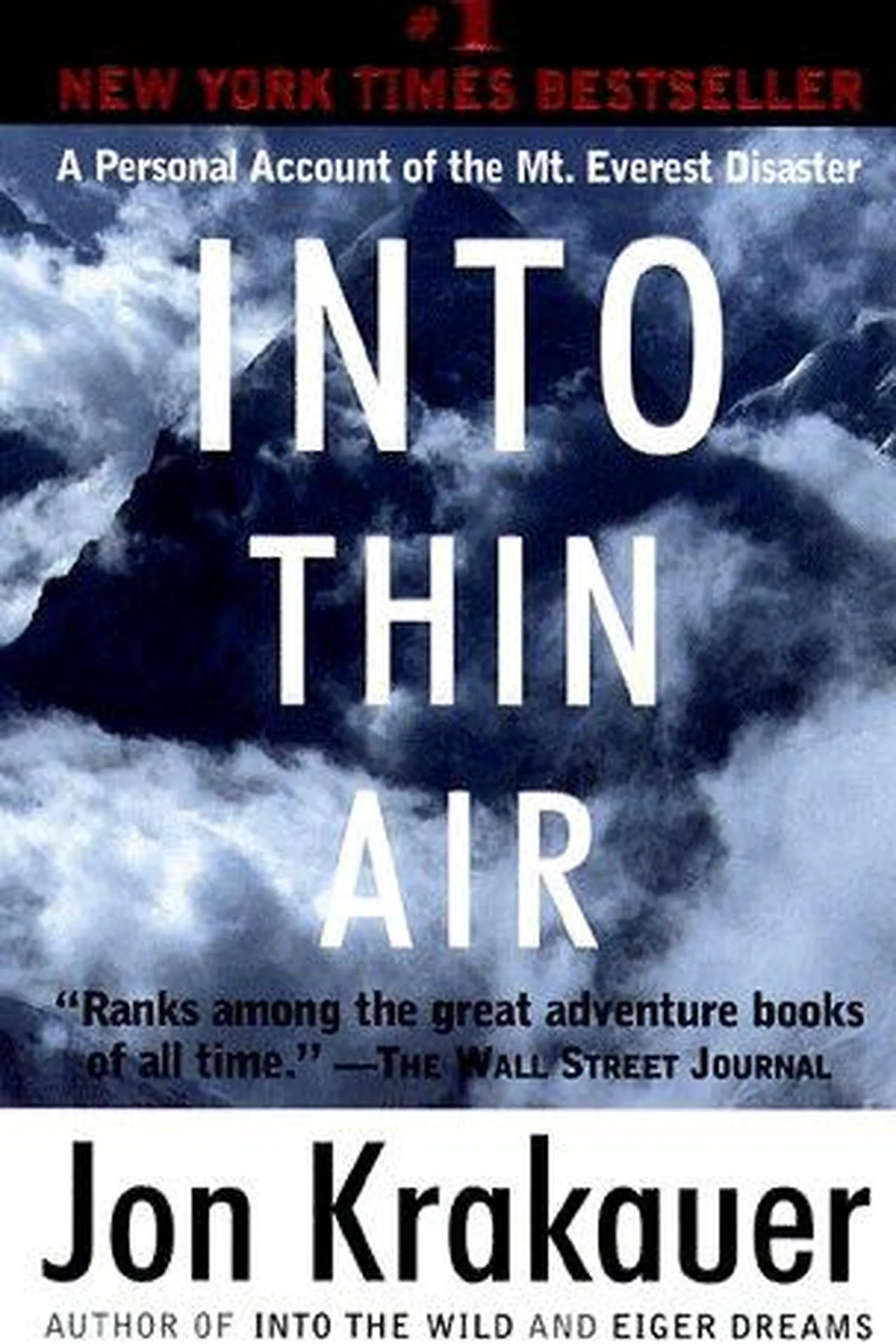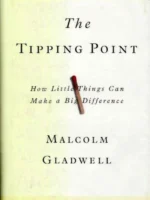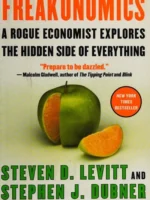Into Thin Air, Jon Krakauer, 1997
- Author: Jon Krakauer
- Genre: General Nonfiction
- Publisher: Anchor Books
- Publication Year: 1996
- Pages: 416
- Format: Paperback
- Language: English
- ISBN: 978-0385486804
- Rating: 4,3 ★★★★★
Into Thin Air Review
About
Jon Krakauer’s Into Thin Air (1997) is one of the most gripping nonfiction accounts of human endurance ever written. It chronicles the 1996 Mount Everest disaster, where multiple climbers lost their lives amid a sudden storm. Krakauer, both journalist and participant, blends confession, reportage, and reflection into a story that’s as haunting as it is human.
Overview
The book recounts Krakauer’s expedition with Adventure Consultants, led by the experienced guide Rob Hall. What begins as a commercial climb soon spirals into chaos when weather, oxygen shortages, and human misjudgment converge at the peak of the world. Krakauer’s tone is unsparing—he documents not just the physical ordeal but the moral weight of survival. It’s a story about ambition, hubris, and the fragility of human control in nature’s domain.
Summary
(light spoilers) Krakauer joins the Everest expedition to write a magazine piece on the growing commercialization of mountaineering. As he climbs, tensions rise between guides, clients, and competing teams. When a deadly storm hits during summit day, the mountain becomes a trap. Krakauer’s eyewitness perspective gives the disaster devastating intimacy: friends vanish, decisions turn fatal, and the thin line between triumph and tragedy dissolves. In the aftermath, he examines responsibility, guilt, and the psychological toll of witnessing death at altitude. The book is both memoir and investigation, written with the precision of a reporter and the pain of a survivor.
Key Themes / Main Ideas
• Human ambition — the drive that conquers and destroys.
• Nature’s indifference — the mountain as pure, amoral power.
• Responsibility — survival weighed against guilt.
• Commercialization — when adventure becomes business.
• Memory and trauma — recounting as a form of reckoning.
Strengths and Weaknesses
• Strengths — Raw, suspenseful, and meticulously researched.
• Strengths — Krakauer’s moral honesty elevates it beyond reportage.
• Weaknesses — Emotionally heavy; some readers find its self-blame repetitive.
• Weaknesses — Technical climbing details may slow narrative pace for casual readers.
Reviewed with focus on themes, audience, and takeaways — Jon Krakauer
| pa_author | Jon Krakauer |
|---|---|
| ISBN | 978-4-530-16757-7 |
| pa_year | 2015 |
| Pages | 488 |
| Language | English |







